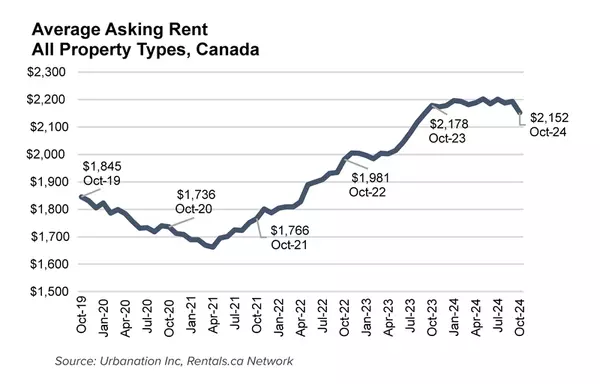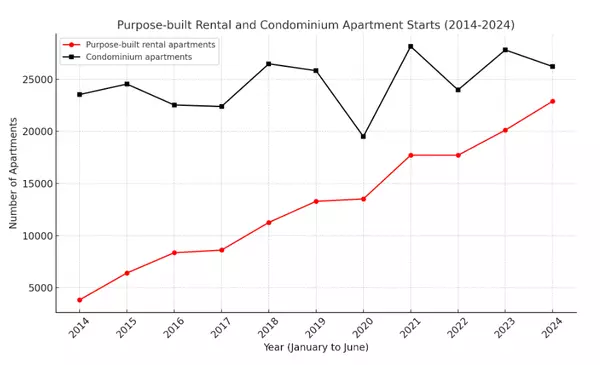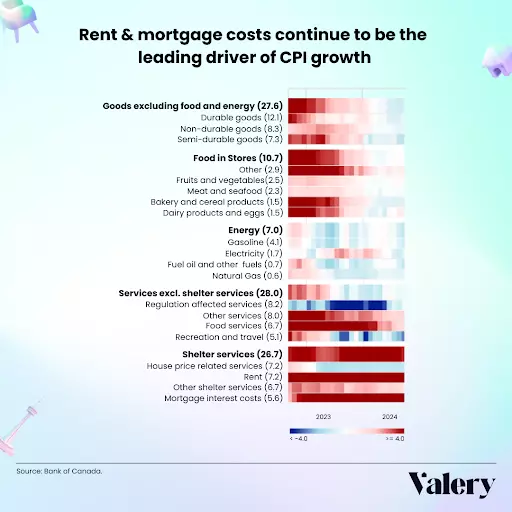Transitioning from Residential to Commercial Real Estate Investing
Many real estate investors start with residential properties due to the lower entry costs, simplicity of management, and familiarity. However, as they gain experience and seek to diversify their portfolios or achieve higher returns, they often consider moving into commercial real estate.
This diversification, while potentially profitable, requires a good understanding of the distinctions between residential and commercial real estate and the unique challenges associated with commercial investments.
Differences Between Residential and Commercial Properties
Before making the switch, investors should be aware of the fundamental differences between residential and commercial properties.
Valuation Methods
Unlike residential properties, which are often valued based on comparable sales in the area, commercial properties are typically valued based on their income-generating potential. Key metrics include Net Operating Income (NOI) and capitalization (cap) rates. NOI represents the income a property generates after operating expenses, and the cap rate is used to estimate the investor’s potential return on investment. Understanding these concepts and how they affect property valuation is crucial for commercial real estate investing.
Lease Structures
The structure of leases in commercial real estate is significantly different from residential leases. Commercial leases tend to be longer, often ranging from five to ten years. They can include provisions that pass certain expenses, such as property taxes, insurance, and maintenance, onto tenants. For example, in a triple net lease, tenants are responsible for most property-related expenses other than structural repairs. This reduces the landlord’s management burden and financial risk compared to residential leases, which are typically shorter, often one year or less, and do not pass on these costs.
Tenant Relationships
In commercial real estate, the landlord-tenant relationship is more of a business partnership. Tenants are often businesses themselves and may require significant customization of the leased space to suit their operational needs. Lease negotiations can be more complex, involving specific terms related to the use of the space, maintenance responsibilities, and rent escalations. Understanding the business needs of tenants and maintaining a professional relationship is vital for long-term success.
Assessing Risks and Rewards
While commercial real estate can offer higher returns and more stable cash flow, it also comes with increased risks. Investors should carefully consider the following:
Market Cycles
Commercial real estate is more sensitive to economic cycles compared to residential real estate. During economic downturns, businesses may cut costs by reducing office space or closing locations, leading to higher vacancy rates and reduced rental income. It’s important for investors to understand how different types of commercial properties—such as retail, office, and industrial—respond to economic shifts and to select properties in sectors that align with their risk tolerance.
Vacancy Risks
One of the primary risks in commercial real estate is the potential for longer vacancy periods. Unlike residential properties, where demand for housing tends to remain consistent, commercial properties can sit vacant for extended periods if the market demand is low or the space does not meet the needs of prospective tenants. Effective tenant screening, offering competitive lease terms, and maintaining good relationships with existing tenants can help minimize vacancies and ensure consistent cash flow.
Regulatory Environment
Commercial properties are subject to a more complex regulatory environment than residential properties. Zoning laws, environmental regulations, accessibility standards, and building codes, including the National Building Code of Canada, can all impact the viability of a commercial property. Investors must be diligent in understanding these regulations and ensuring compliance. Keeping abreast of changes in the regulatory landscape is also important for long-term success.
Building a Network
Successfully transitioning into commercial real estate requires building a strong network of professionals who can provide support and guidance.
Commercial Real Estate Brokers
These brokers specialize in commercial properties and have a deep understanding of the local market. They can provide valuable insights, access to listings not publicly available, and guidance on market trends. Working with a knowledgeable broker can help investors identify and acquire properties that align with their investment strategy.
Lenders and Financial Advisors
Commercial real estate transactions often involve larger sums of money and more complex financing structures than residential deals. Establishing relationships with lenders who specialize in commercial real estate can be beneficial for securing favourable loan terms. Additionally, financial advisors can provide strategic advice on deal structuring, risk management, and portfolio diversification.
Experienced Investors
Networking with seasoned commercial real estate investors can provide practical advice and mentorship. Experienced investors can share insights from their own successes and challenges, helping new investors avoid common pitfalls. Joining industry associations, local investment clubs, or online forums can facilitate these connections and provide access to valuable resources and learning opportunities.
Transitioning from residential to commercial real estate investing can be a rewarding move for those who take the time to understand the key differences between the two, thoroughly assess the associated risks, and build a strong network of industry professionals. By approaching commercial real estate with the same diligence and strategic planning as residential investing, and by continuously educating themselves on market trends and regulatory changes, investors can successfully diversify their portfolios and potentially achieve higher returns.
Categories
Recent Posts










GET MORE INFORMATION


